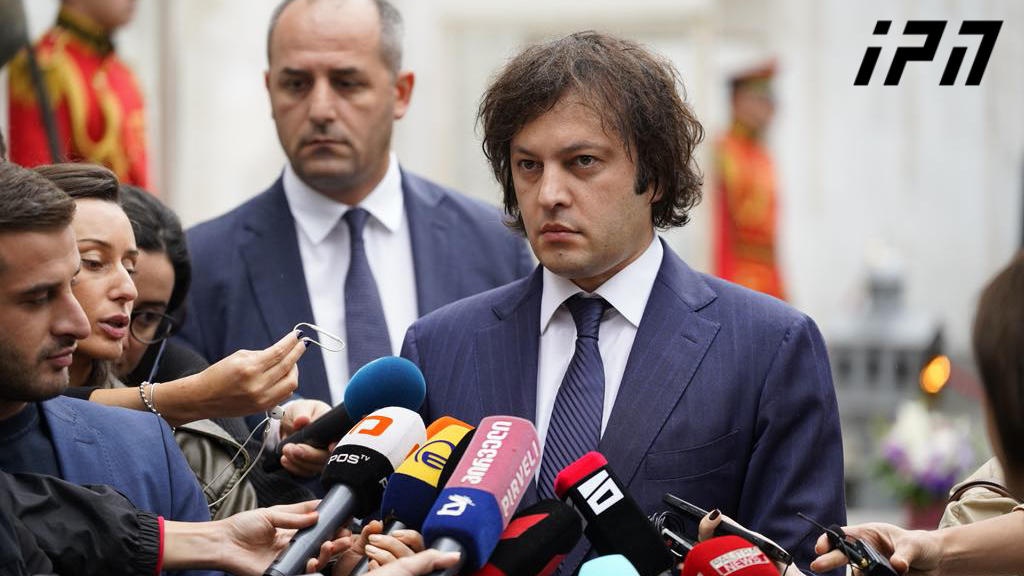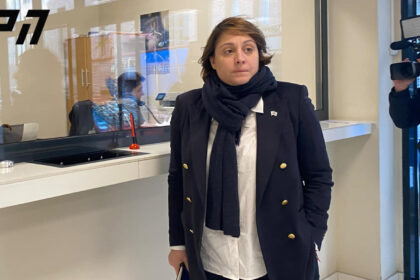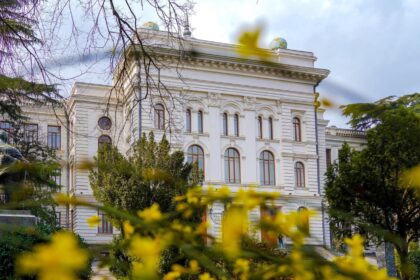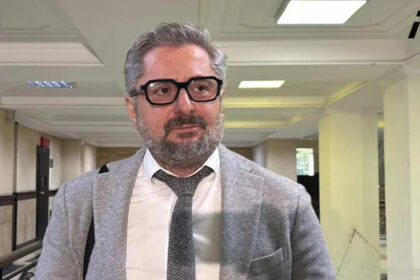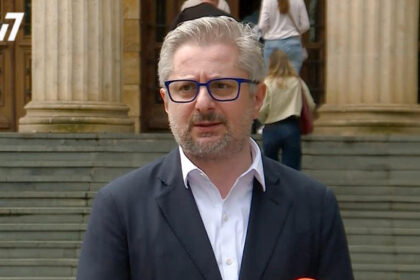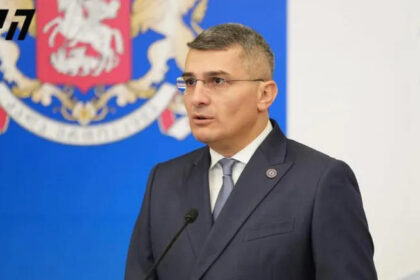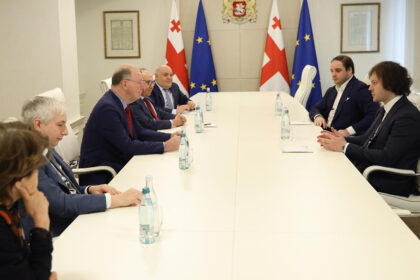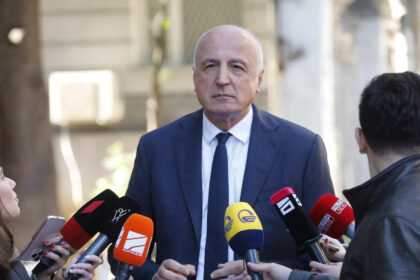**Georgian PM Slams “Radical Opposition” Over Disappointing Independence Day Rally**
Yesterday, a rally organized by the May 26 National Committee to mark Georgia’s Independence Day drew an estimated 3,000 people to Rustaveli Avenue. But despite the large-scale organization and advertising campaigns, the event fell short of expectations, sparking a strong rebuke from Prime Minister Irakli Kobakhidze.
Kobakhidze was quick to point out that the rally’s modest turnout showed just how weak the “radical opposition” had become. He claimed that the opposition groups had neither the resources nor the desire to participate in elections, and that their efforts were now focused on undermining the government rather than promoting a positive agenda.
“It became clear once again that the radical opposition is completely disintegrated,” Kobakhidze said. “After such a large-scale organization, after advertising campaigns, 3 thousand people gathered on Rustaveli Avenue… This is the current reality in the opposition.”
The Prime Minister’s comments suggest that he believes the opposition groups are more interested in making excuses for their lack of success than in genuinely trying to make a difference. By pointing out that Salome Zurabishvili, a prominent government supporter, was able to “administer” the parade held by Aleko Elisashvili, Kobakhidze implied that the opposition groups were no longer a force to be reckoned with.
**A Divided Opposition**
Kobakhidze’s remarks also hinted at deeper divisions within the opposition movement. By suggesting that the radical opposition was “doomed to failure” and that they themselves didn’t want early parliamentary elections, he seemed to imply that the opposition groups were in disarray.
Some analysts have suggested that the May 26 National Committee’s rally was a last-ditch effort to regain momentum after a series of setbacks for the opposition. Despite this, the event failed to draw significant attention or support from the public, leaving many to question the continued relevance of the radical opposition.
**What Next?**
As the government prepares for full-fledged local self-government elections, Kobakhidze’s comments suggest that he is confident about the government’s prospects. By dismissing the radical opposition as “disintegrated” and lacking in resources, he seemed to be implying that their participation would make little difference either way.
However, some analysts believe that the opposition groups may still have a role to play in shaping the electoral agenda. While they may not have the numbers or resources to compete with the government, they could potentially use their influence to raise key issues and bring attention to marginalized communities.
Read More @ www.interpressnews.ge




